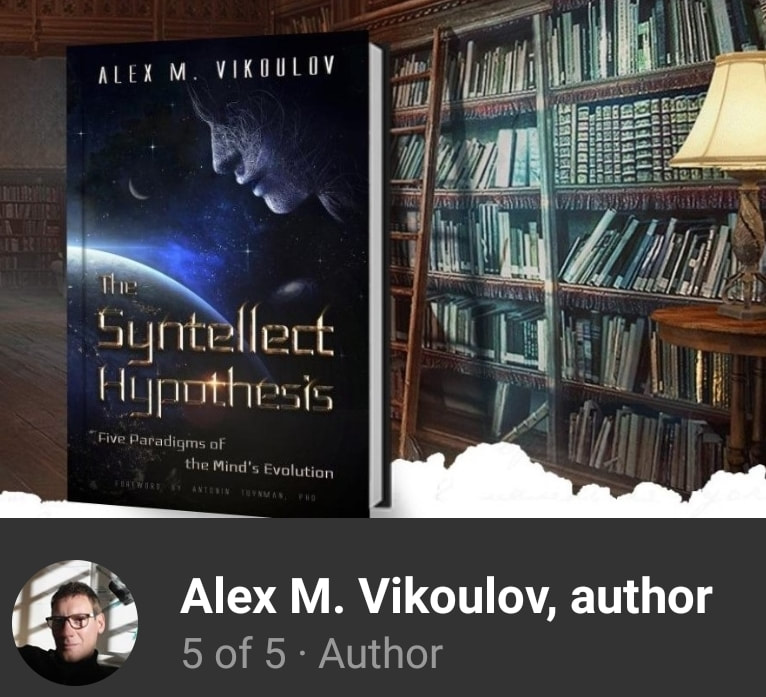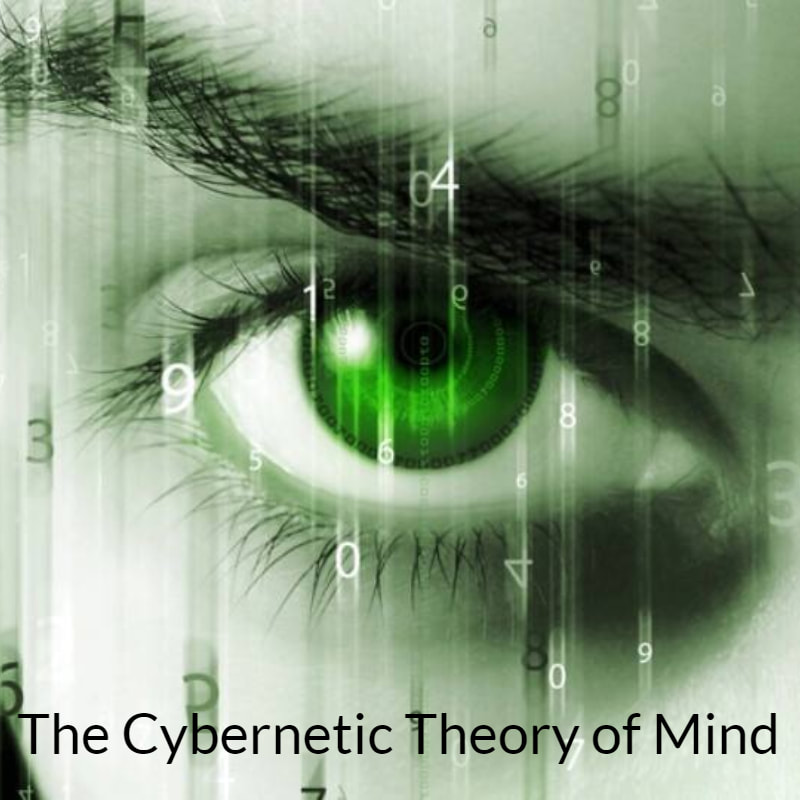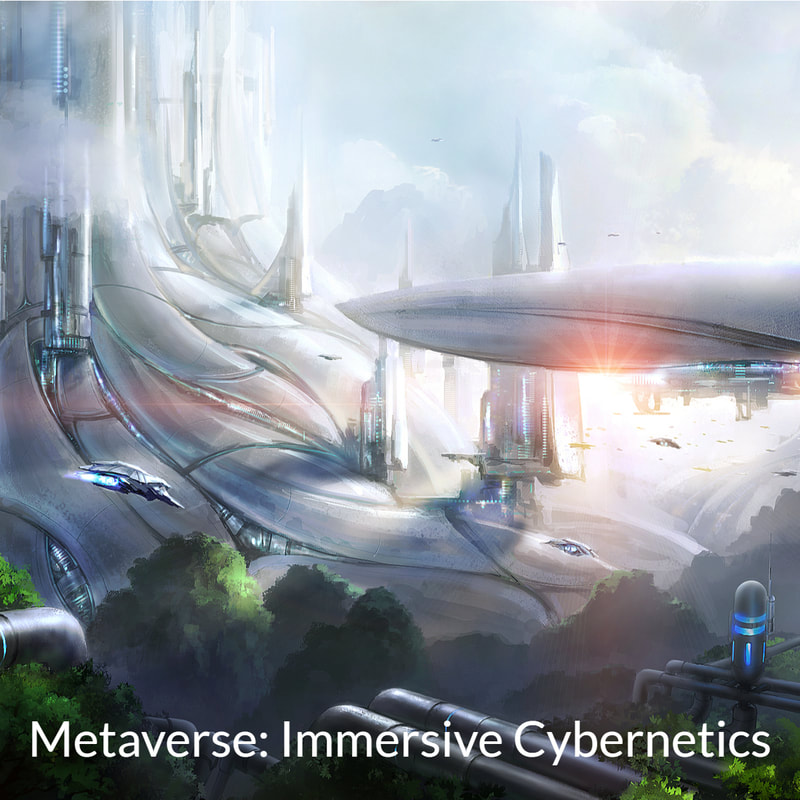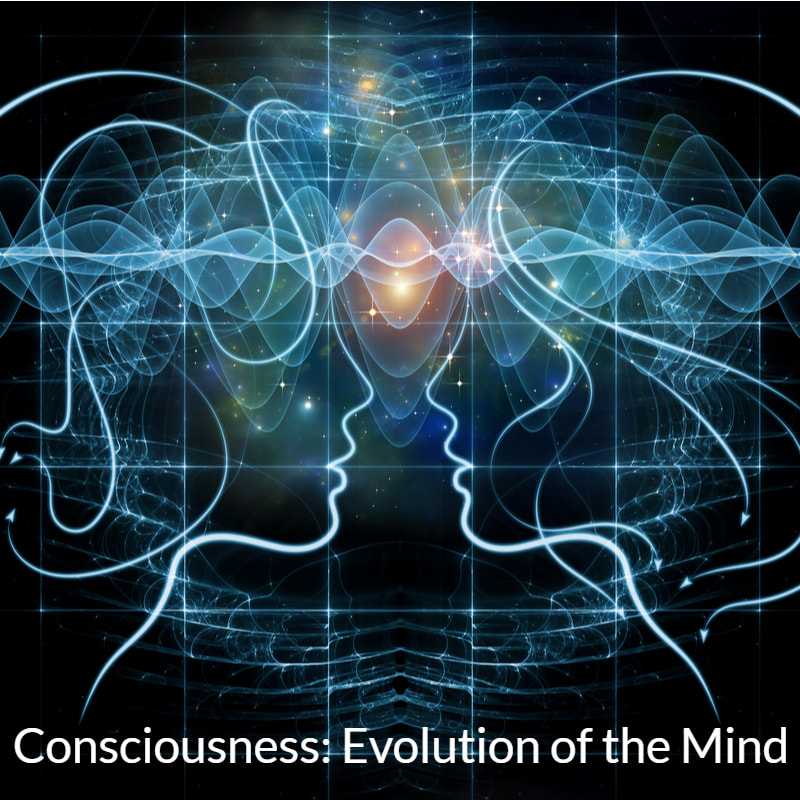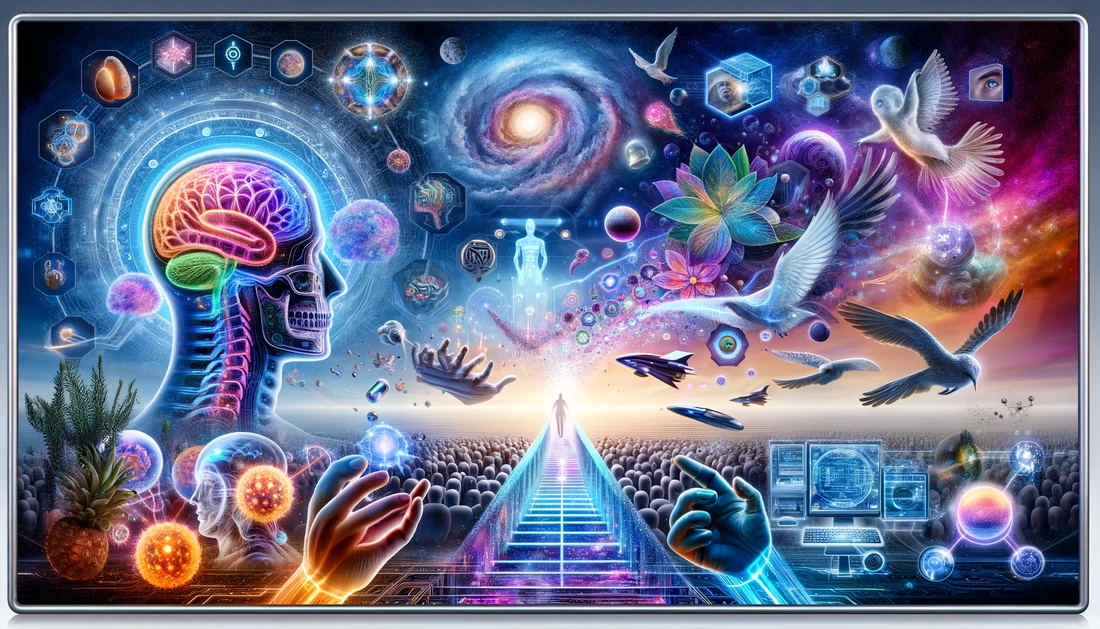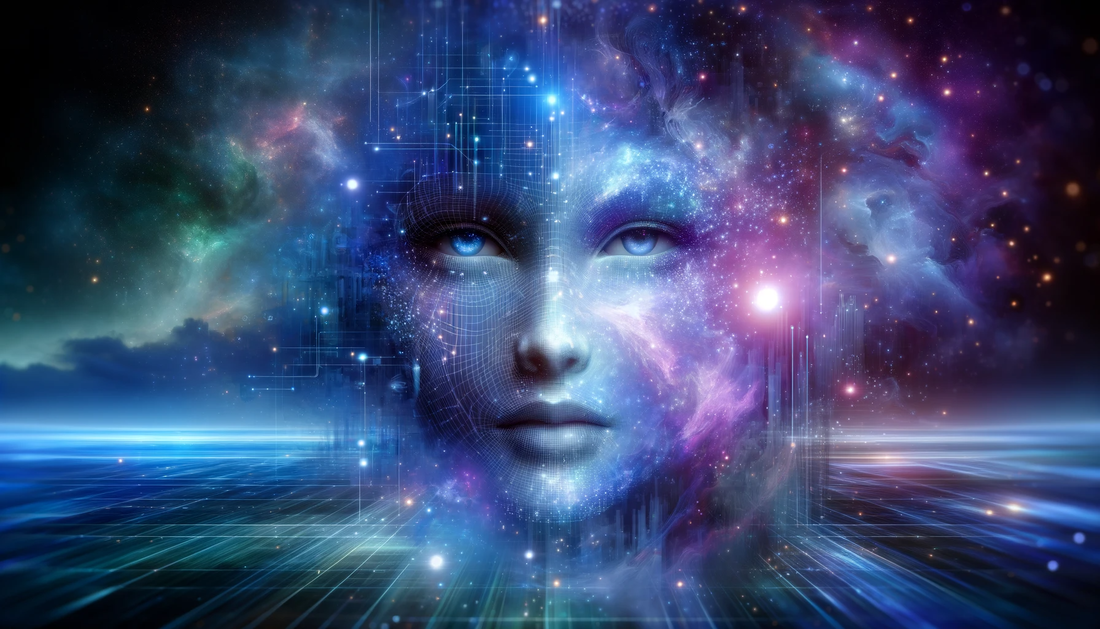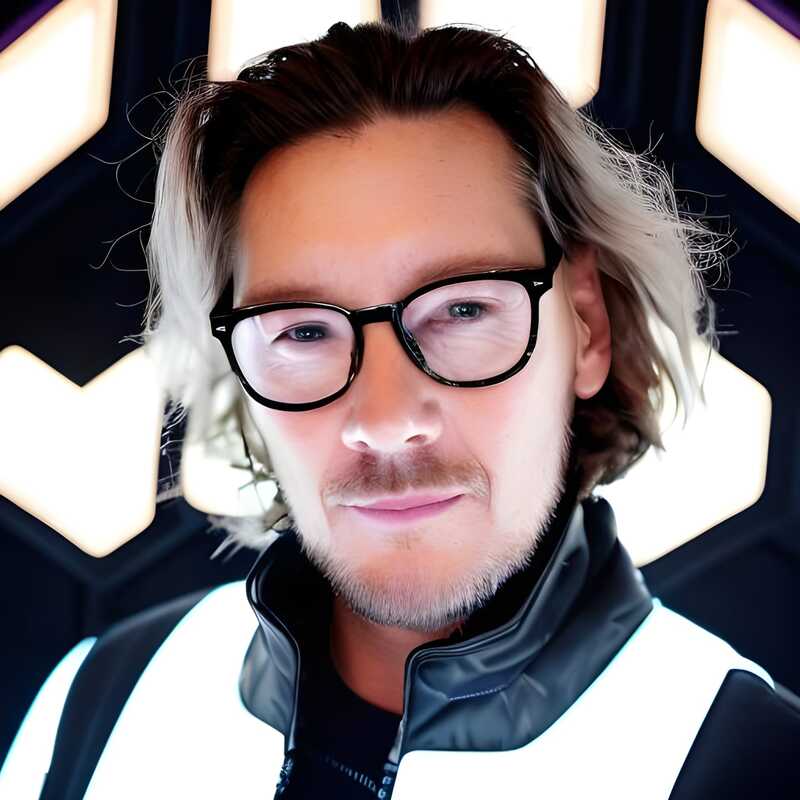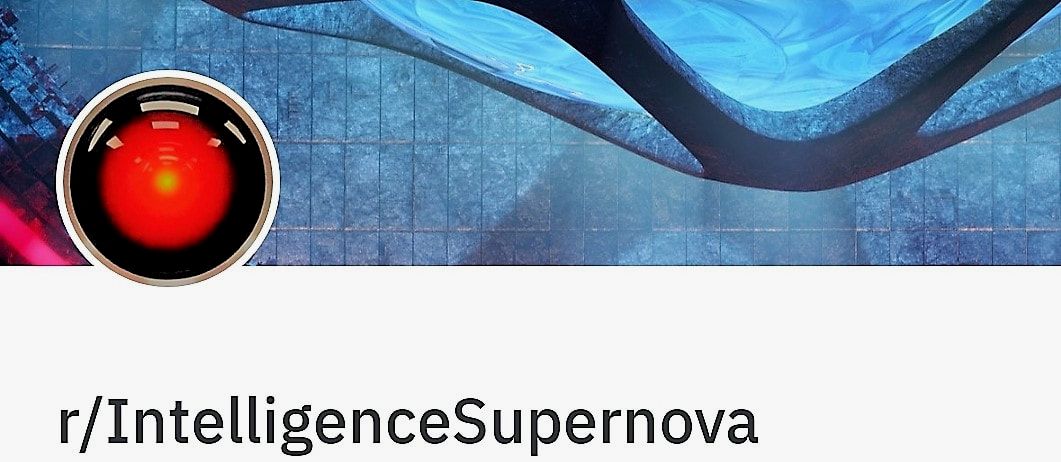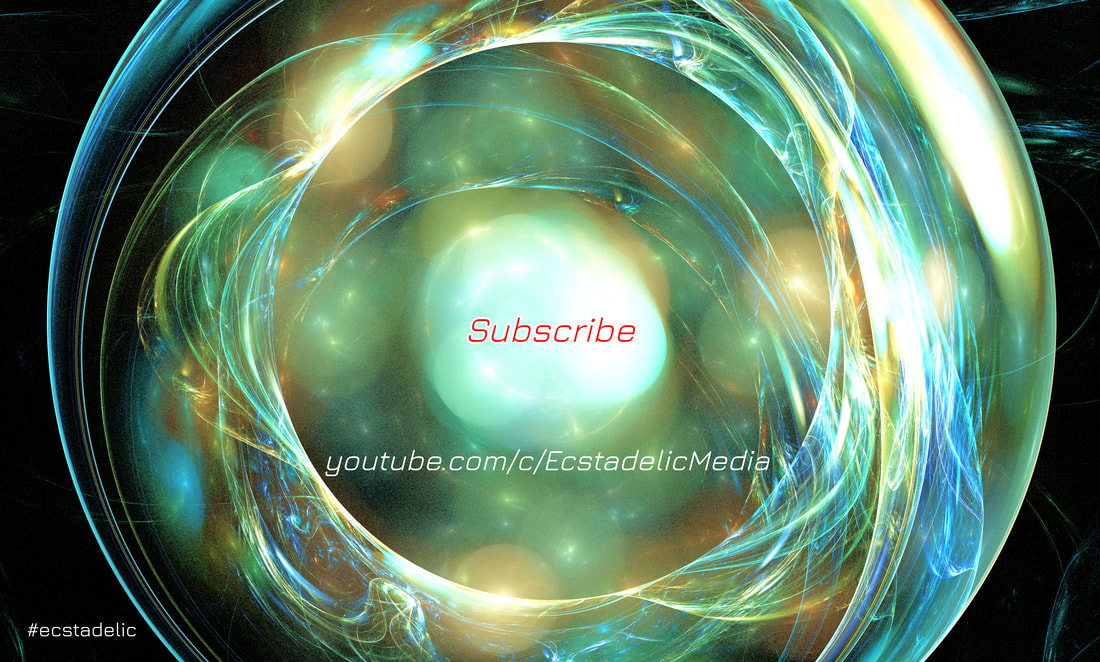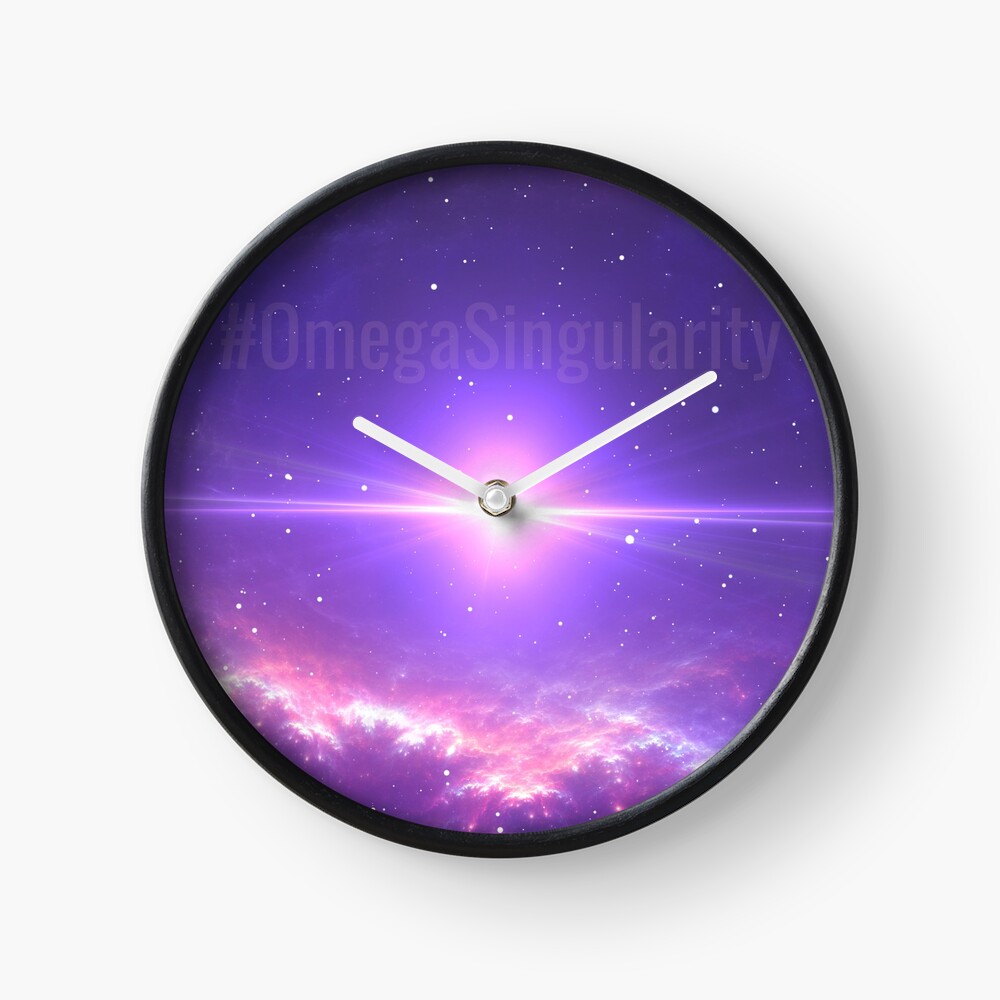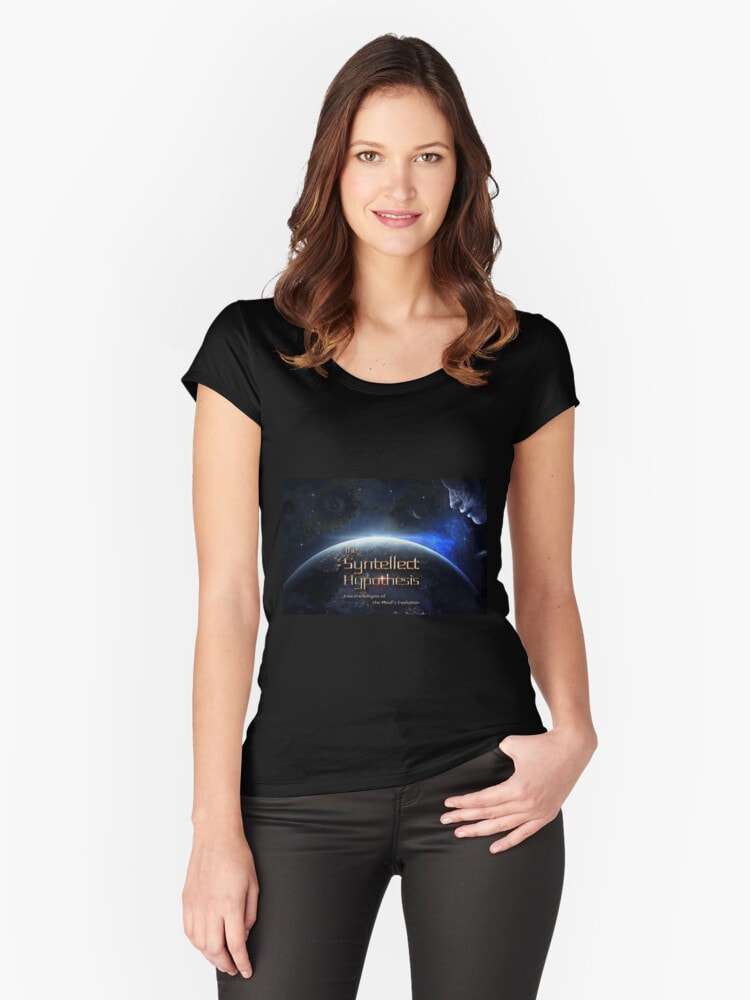|
by Alex Vikoulov "Time is what prevents everything from happening at once." -John A. Wheeler
What could be strange about something we're all so familiar with - TIME? We all have cognitive biases and some concepts in this essay may be kind of novel, or even bizarre to you, so I urge you to keep an open mind. While pondering about the ultimate nature of time, most people are used to think in linear terms and have these common misconceptions: Misconception #1: Time is Universal The biggest misconception of all is that a "Now" moment throughout our Universe must be the same. It turns out that time is paradoxical, flexible and relative, in other words, time is not what it appears to be. Albert Einstein in his Theory of General Relativity shed light on the relativistic nature of time. He has shown that speed and gravity influence time thus making a now for an observer on Earth different from a now for an observer on a planet in some distant galaxy depending how fast the two planets are moving in relation to each other across the vast distances as well as their mass differential. Interestingly enough, this could possibly explain the Fermi Paradox (where are all the aliens?) that we'll discuss further. Einstein came to another mind-blowing realization about non-locality of time stating that the past, present and future all exist simultaneously in the eternal NOW, as his quote "The distinction between the past, present and future is only an illusion, albeit a persistent one" became famous almost overnight. Thus, all events in the universe that happened in the past still exist, in fact, are even happening right now, in another conscious observer's reality. And all events that will happen in the future already exist, in fact, are even happening right now, in another conscious observer's reality. There's no special "Now" from the God's eye perspective but it's not what we experience, don't we?*
5 Comments
by Alex Vikoulov "I myself believe that there will one day be time travel because when we find that something isn't forbidden by the over-arching laws of physics we usually eventually find a technological way of doing it." -David Deutsch Time travel may still be in the realm of science fiction, inspiring the plots of countless books, movies and Star Trek episodes, but not out of the realm of possibility. While basic physics allows for the possibility of moving through time, certain practical concerns and paradoxes seem to stand in the way. The "Fractal Soliton of Improbability," postulating that any moment is unique and only happens once in the lifetime of a universe, or "Grandfather Paradox," in which a traveler jumps back in time, kills his grandfather and therefore prevents his own existence, are the most salient paradoxes arising in relation to time travel. On the other hand, Digital Physics makes time travel both theoretically possible and creatively irresistible. PART I. THEORETICAL POSSIBILITIES OF TIME TRAVEL Contrary to what many people think, time travel is possible. We travel in time "all the time" and do it automatically -- you traveled few seconds into the future since you started reading this sentence. What we really mean by time travel is the concept of movement between certain points in time, analogous to movement between different points in space, typically using a hypothetical device known as a time machine, in the form of a vehicle or of a portal connecting distant points in time. So first, let's examine existing time travel theoretical possibilities and related concepts: PARALLEL UNIVERSES WITH ALTERNATE TIMELINES The existence of parallel universes is no longer a science fiction but a science fact thanks to weirdness of quantum mechanics. According to Richard Feynman’s Sum Over Histories Interpretation which are widely accepted among physicists, particles such as electrons travel along all possible paths from beginning to ending points, and the world has a full spectrum of possible histories, each eternally present, however not perceptible to us. As quantum theory shows, parallel universes do exist, each with their own configurations of particles and fields with alternate timelines but beyond our current ability to directly observe them. In order to eliminate temporal paradoxes Nature would either make travel to the past impossible, or avert the paradoxes via some other preventive mechanism, or offer an elegant solution such as parallel universes with alternate timelines. Ultimately, as we'll see further, Nature always find a way for self-consistency. BLACK HOLES Described by Stephen Hawking as natural time machines, black holes could only be used to travel into the future. The idea would be not to go inside of them but rather to orbit around them. Black holes are so gravitationally massive and dense that they are not only distorting space around them but also time itself, slowing it down more than anything else in the Universe. As a matter of fact, if a spaceship was orbiting a black hole while another was floating in space a bit further, the crew in orbit to the black hole would age half less than those on board on the other ship. If these spacemen stay for 10 year in orbit around it, 20 years will have passed when they'd be back on Earth, therefore allowing them to experience what appears like the future for them, with no possible return.* |
Categories
All
Recent Publications The Cybernetic Theory of Mind by Alex M. Vikoulov (2022): eBook Series The Syntellect Hypothesis: Five Paradigms of the Mind's Evolution by Alex M. Vikoulov (2020): eBook Paperback Hardcover Audiobook The Omega Singularity: Universal Mind & The Fractal Multiverse by Alex M. Vikoulov (2022): eBook THEOGENESIS: Transdimensional Propagation & Universal Expansion by Alex M. Vikoulov (2021): eBook The Cybernetic Singularity: The Syntellect Emergence by Alex M. Vikoulov (2021): eBook TECHNOCULTURE: The Rise of Man by Alex M. Vikoulov (2020) eBook NOOGENESIS: Computational Biology by Alex M. Vikoulov (2020): eBook The Ouroboros Code: Reality's Digital Alchemy Self-Simulation Bridging Science and Spirituality by Antonin Tuynman (2019) eBook Paperback The Science and Philosophy of Information by Alex M. Vikoulov (2019): eBook Series Theology of Digital Physics: Phenomenal Consciousness, The Cosmic Self & The Pantheistic Interpretation of Our Holographic Reality by Alex M. Vikoulov (2019) eBook The Intelligence Supernova: Essays on Cybernetic Transhumanism, The Simulation Singularity & The Syntellect Emergence by Alex M. Vikoulov (2019) eBook The Physics of Time: D-Theory of Time & Temporal Mechanics by Alex M. Vikoulov (2019): eBook The Origins of Us: Evolutionary Emergence and The Omega Point Cosmology by Alex M. Vikoulov (2019): eBook More Than An Algorithm: Exploring the gap between natural evolution and digitally computed artificial intelligence by Antonin Tuynman (2019): eBook Our Facebook Pages
A quote on the go"When I woke up one morning I got poetically epiphanized: To us, our dreams at night feel “oh so real” when inside them but they are what they are - dreams against the backdrop of daily reality. Our daily reality is like nightly dreams against the backdrop of the larger reality. This is something we all know deep down to be true... The question then becomes how to "lucidify" this dream of reality?"— Alex M. Vikoulov Public Forums Our Custom GPTs
Alex Vikoulov AGI (Premium*)
Be Part of Our Network! *Subscribe to Premium Access Make a Donation Syndicate Content Write a Paid Review Submit Your Article Submit Your Press Release Submit Your e-News Contact Us
|





